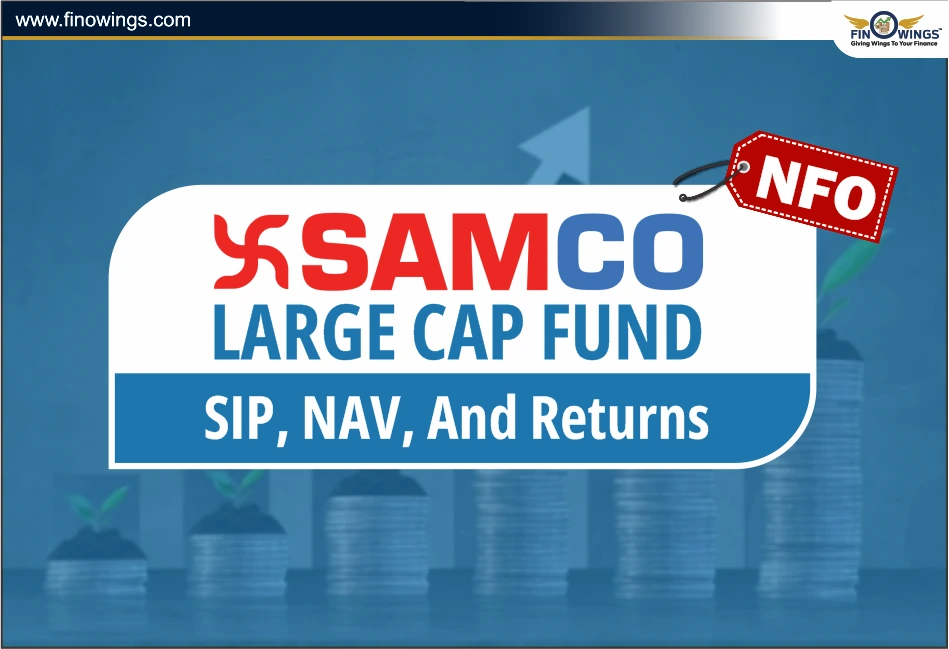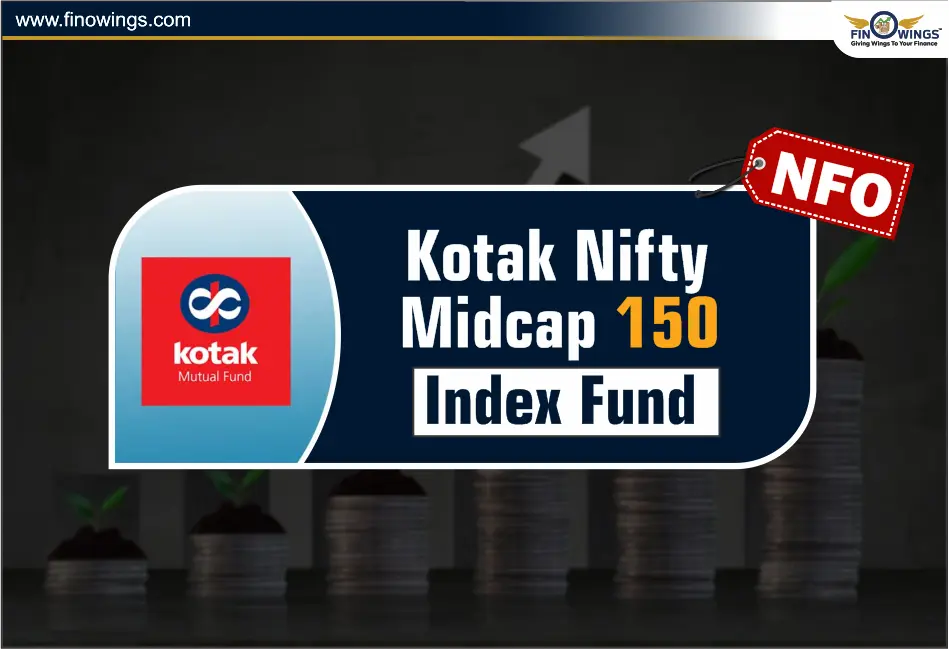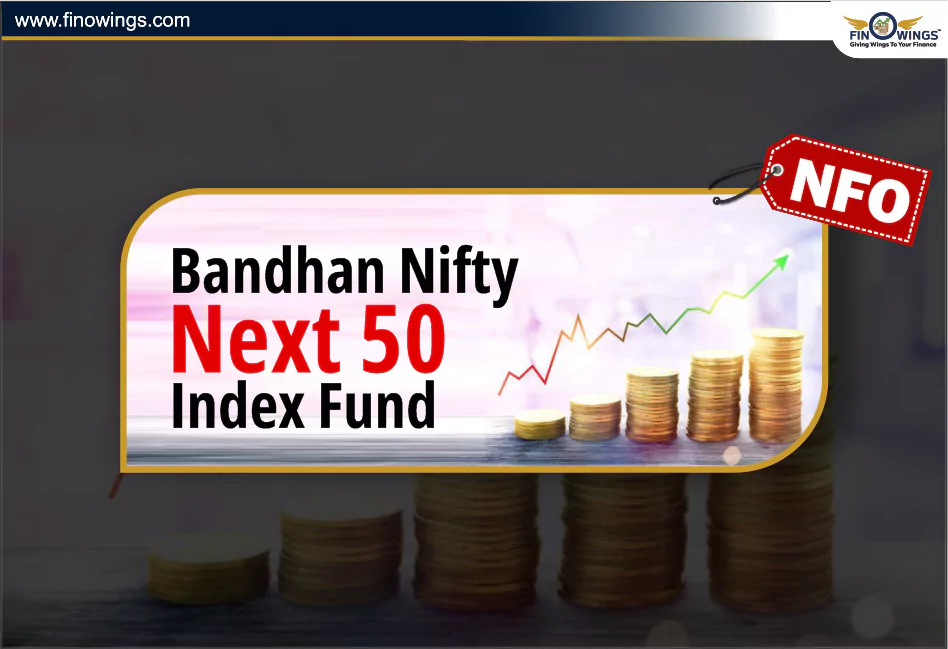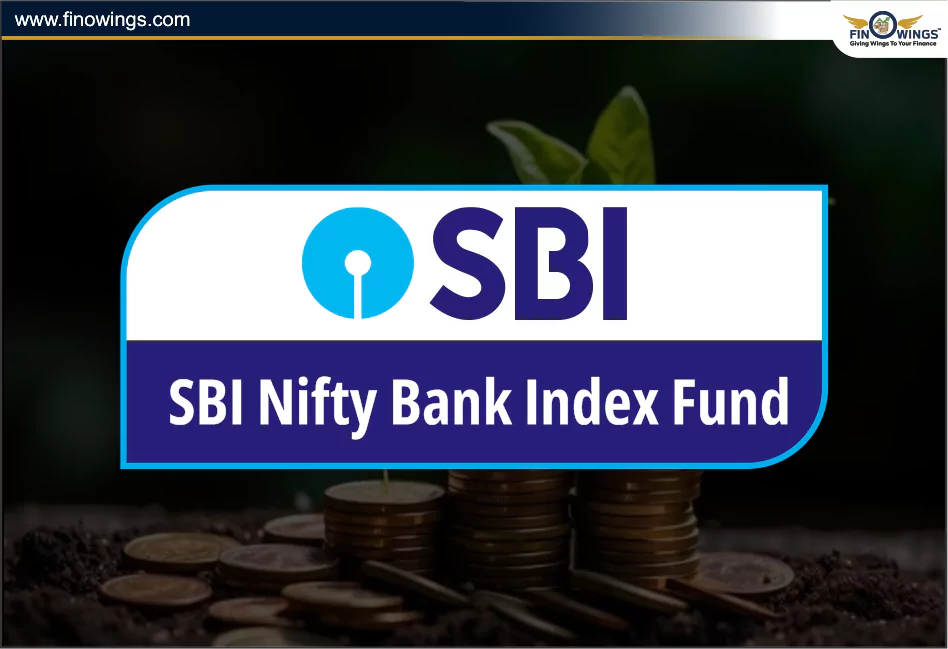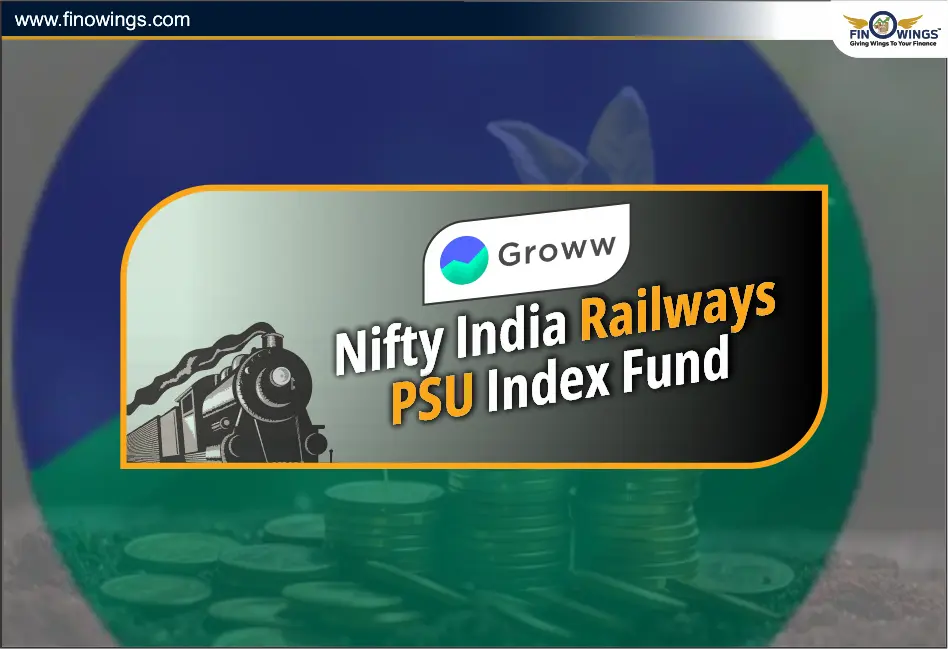Home >> Blog >> SBI Nifty 50 Equal Weight ETF NFO: Review, Opening Date & NAV
SBI Nifty 50 Equal Weight ETF NFO: Review, Opening Date & NAV
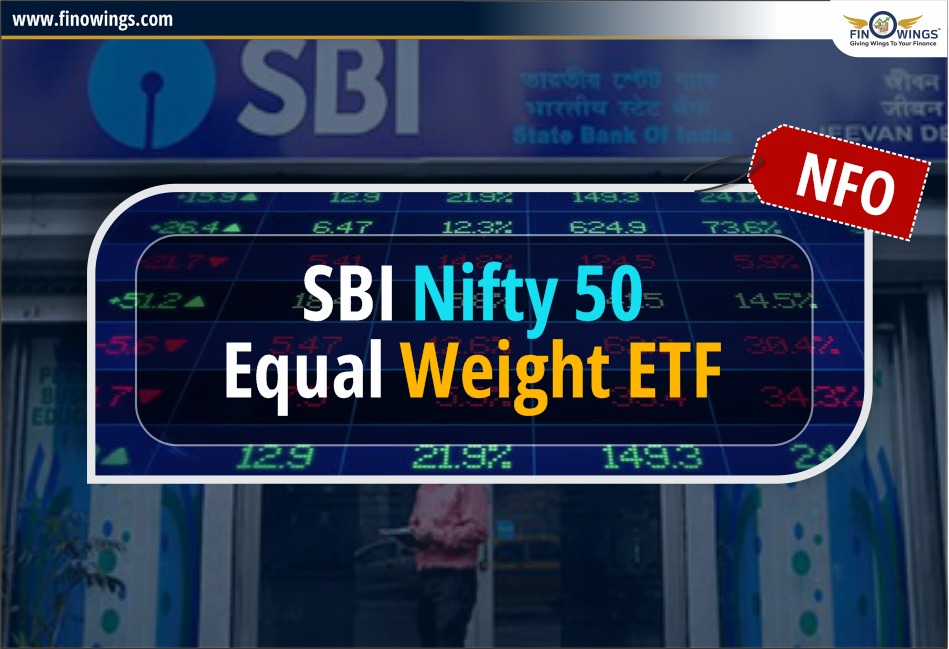
Table of Contents
- Introduction
- Everything You Need To Know About SBI Nifty 50 Equal Weight ETF - NFO
- SBI Nifty 50 Equal Weight ETF - NFO Overview
- Portfolio Allocation of SBI Nifty 50 Equal Weight ETF NFO:
- The Objective Of The SBI Nifty 50 Equal Weight ETF Fund
- Peers of SBI Nifty 50 Equal Weight ETF
- SBI Nifty 50 Equal Weight ETF NFO - Who can invest?
- SBI Nifty 50 Equal Weight ETF NFO - Growth Fund Managers:
- Conclusion
Introduction
Whether you are a seasoned fan or new to the world of NFOs, you've come to the correct spot to learn about the latest trends, insights, and news influencing this dynamic market. We are today at SBI Nifty 50 Equal Weight ETF-NFO Blog committed to giving you insightful knowledge, Financial attributes, past performance, etc. on this NFO.
Everything You Need To Know About SBI Nifty 50 Equal Weight ETF - NFO
The SBI Nifty 50 Equal Weight ETF is A large-cap open-ended program owned by SBI Mutual Fund House. On January 31, 2024, the fund was established. The lowest investment required to join is Rs.5000 for investors and in multiple of Rs.1 thereof. The scheme's units can be purchased or sold on all trading days once listed on the NSE and BSE. The scheme is suitable for such investors who seek Long-term capital growth by Purchasing securities included in the Nifty 50 Equal Weight Index. The scheme has a 0.25% Exit Load if redeemed within 15 days from the allotment date.
To learn about the fund's asset allocation, and other financial characteristics that influence decision-making, carefully read this blog.
SBI Nifty 50 Equal Weight ETF - NFO Overview
The investment period for the Scheme is set for July 08, 2024, to July 12, 2024. The scheme is a very high-risk scheme. There is no assurance that the scheme's investment goal will be met. The scheme will allocate 95–100% of its investment capital to the assets that make up the NIFTY50 Equal Weight Index TRI. The remaining portion will be allocated to government securities (G-secs), state development loans (SDLs), treasury bills, including triparty repo, and liquid mutual fund units. The fund's asset allocation is around 99.78% stocks, 0% debt, and 0.22% cash and cash equivalents.
Fund Overview
|
Start Date |
08 July 2024 |
|
End Date |
12 July 2024 |
|
Allotment Date |
Not later than 4 to 5 business days after the closure date of the NFO |
|
VRO Rating |
- |
|
Expense Ratio |
1.02% as of 30 June 2024. |
|
Exit Load |
0.25% if redeemed within 15 days |
|
AUM (Fund size) |
Rs.954.55 crore as of May 31, 2024 |
|
Lock-In |
NA |
|
Stamp Duty |
0.005% (From July 1st 2020) |
|
Benchmark |
NIFTY 50 Equal Weight Total Return Index |
|
Min. Investment |
Rs.5000 and in multiples of Rs.1 |
|
Risk |
Very High |
|
Short-Term Capital Gains (STCG) |
For less than 3 years, as per Tax slab. |
|
Long-Term Capital Gains (LTCG) |
For more than 3 years, 20%. |
How To Invest In The NFO After The Allotment Date?
If you have missed participating in the NFO and now want to invest in the same, then after 4 to 5 working days post-closure date of the NFO; you will have the option to participate and invest directly with the Mutual Fund by logging on to your demat account and search for “SBI Nifty 50 Equal Weight ETF- NFO” on NIFTY 50 Equal Weight TRI.
The investment amount will be as applicable:
For Market Makers: At the intraday NAV of the real execution price of the underlying portfolio.
For Large Investors: Same as for market makers provided the units' executed value exceeds Rs.25 crores and they are multiples of the creation unit size.
Units can also be purchased on an exchange basis. For that minimum unit of 1 lot and in multiples thereof can be purchased.
The process usually takes 8 to 10 business days to apply in the Mutual Fund after the closure date.
To open your Demat account, Click Here.
Portfolio Allocation of SBI Nifty 50 Equal Weight ETF NFO:
|
Asset Allocation |
|
|
Equity |
Others |
|
99.78% |
0.22% |
|
Sector Allocation |
|
|
Financial |
17.93% |
|
Automobile |
12.82% |
|
Technology |
10.79% |
|
Energy |
10.28% |
|
Healthcare |
9.72% |
|
Others |
38.46% |
|
Market Cap Allocation |
|
|
Giant Cap |
79.37% |
|
Large Cap |
10.30% |
|
Mid Cap |
10.33% |
The Objective Of The SBI Nifty 50 Equal Weight ETF Fund
The Scheme intends to provide returns that are comparable to the total returns of the securities displayed by the underlying index, subject to tracking mistakes. Nevertheless, there can be no assurance or guarantee that the scheme's investment goals will be met.
Asset allocation (% of Net Assets) of the Scheme's portfolio will be as follows:
|
Types of Instruments |
Minimum Allocation (% of Net Assets) |
Maximum Allocation (% of Net Assets) |
Risk Profile |
|
Securities included in the Nifty50 Equal Weight Index |
95 |
100 |
Medium to High |
|
Government securities, such as liquid mutual fund units and Triparty Repo |
0 |
5 |
Low to Medium |
Peers of SBI Nifty 50 Equal Weight ETF
|
Index / Debt / ETF Funds |
1Y Return |
AUM (Cr) |
|
UTI Nifty200 Momentum 30 Index Fund Regular - Growth |
70.50% |
6,276.71 |
|
Nippon India Large Cap Fund-Growth |
40.71% |
26,925.10 |
|
ICICI Prudential Bluechip Fund-Growth |
39.68% |
55,459.29 |
|
Quant Focused Fund-Growth |
47.29% |
1,003.94 |
Risk Factors In This SBI Nifty 50 Equal Weight ETF :
-
The nature of equities is volatile, and daily price swings are common. The value of stock instruments fluctuates because of some micro and macroeconomic factors that have an impact on the securities markets. This can negatively affect certain stocks or the industry as a whole, which would then affect the scheme's net asset value.
-
The Scheme may lose out on some investment opportunities if it is unable to complete planned securities acquisitions because of settlement issues. In some situations, unforeseen events may cause settlement timeframes to be significantly extended. Likewise, should there be a future drop in the value of the securities held in the scheme portfolio, the inability to sell the securities held therein may occasionally result in potential losses to the scheme.
-
The liquidity of the investments made through the plan may be limited by trading volumes, settlement times, and transfer policies.
-
Various sectors of the Indian financial sector have distinct settlement periods, and these times could be further prolonged by unanticipated events that cause delays in the receipt of money from the sale of securities.
-
In the event of an abnormally high number of redemption requests or a scheme restructuring, the duration taken by the Mutual Fund for unit redemption could be significant because the liquidity of the investments initiated by the plan may occasionally be restricted by trading volumes and settlement periods.
Past Performance of Index / ETF Funds
|
Index / ETF Funds |
NAV (Rs) |
Annualized Return (1Y) |
Return/Risk |
|
Aditya Birla Sun Life Nifty PSE ETF-Growth |
11.09 |
- |
Very High Risk |
|
DSP Nifty Healthcare ETF-G |
82.00 |
68.17% |
Very High Risk |
|
Kotak Nifty PSU Bank ETF |
735.09 |
68.23% |
Very High Risk |
SBI Nifty 50 Equal Weight ETF NFO - Who can invest?
This fund is ideal for you if you are looking for Long-term capital growth by purchasing securities included in the Nifty 50 Equal Weight Index.
SBI Nifty 50 Equal Weight ETF NFO - Growth Fund Managers:
-
Viral Chhadva
Conclusion
The scheme comes under a very high-risk category and it plans to invest in 99.78% stocks, 0% debt, and 0.22% cash and cash equivalents. There is no guarantee that the goals of this scheme will be achieved. Research well according to your objectives, and the time horizon of your investment.
Disclaimer: This NFO analysis is provided solely for informative reasons and should not be construed as investment advice. Always conduct research and talk with a financial advisor before investing.
Frequently Asked Questions
The starting date of this NFO is July 08, 2024.
The end date of this NFO is 12 July 2024.
The NFO's Fund Manager is Viral Chhadva.
The minimum investment for the NFO is Rs.5000 and in multiples of Rs.1.












